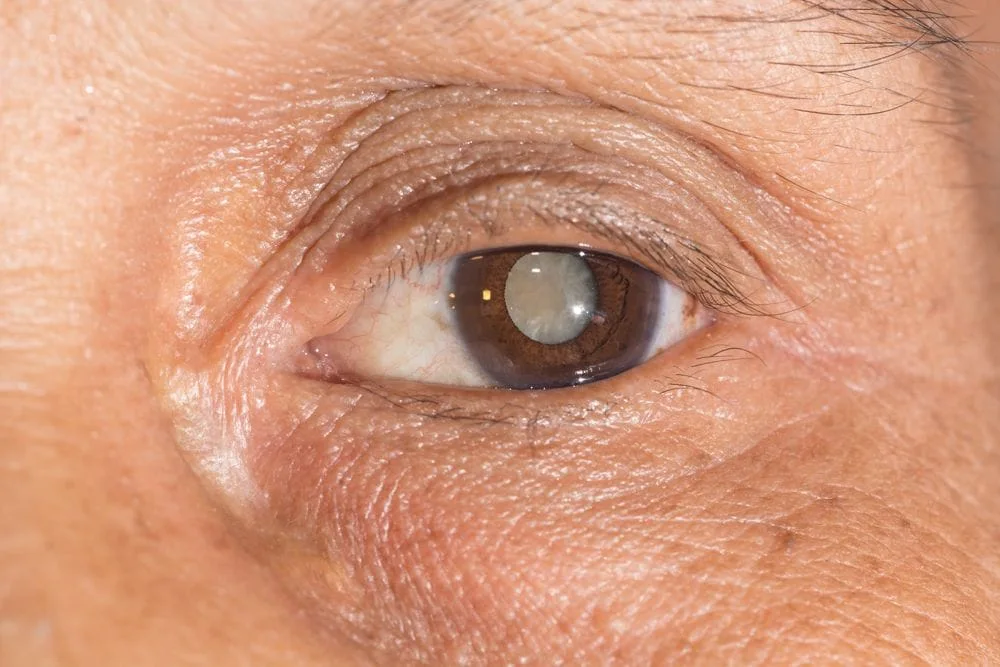
Have you noticed a change in your vision or have vision that has become blurry with colors that look faded? If you answered yes, you may have cataracts.
Signs You Have Cataracts
Cataracts are extremely common in older individuals. They occur when proteins build up on the lens of the eye, causing cloudy or blurry vision. In the early stages, the cataracts may not be visible in a mirror, but as they mature, you may see white spots or spots that look cloudy when you look at your eyes.
- You see glare or halos around lights, especially at night.
- You are having increasing difficulty seeing at night when you drive.
- You can no longer see well enough to read or watch TV.
- Colors appear faded and/or you have noticed blurry vision.
Treating Early Cataracts
If your vision isn’t significantly impaired, it may be a good idea to wait for cataract removal surgery. During this time /or contacts can help improve your vision. However, when corrective lenses no longer offer the desired amount of vision correction, Dr. Balocca may recommend surgery to remove the cloudy lens and replace it with an artificial lens.
Cataract Surgery Risks
Cataract surgery is considered extremely safe. However, all surgeries carry some form of risk. If you notice any of these symptoms after your surgery, it is important to call Eye On Health right away.
- An eye infection
- Artificial lens moving or becoming dislocated within the eye
- Bleeding or swelling in the eye
- Detachment of the retina
- Development of a secondary cataract
- Development of glaucoma or increased eye pressure
- Slight inflammation of the eye
- Sudden droop of the eyelid
For cataract related questions or to schedule an appointment, give us a call today at (480) 809-0550.
